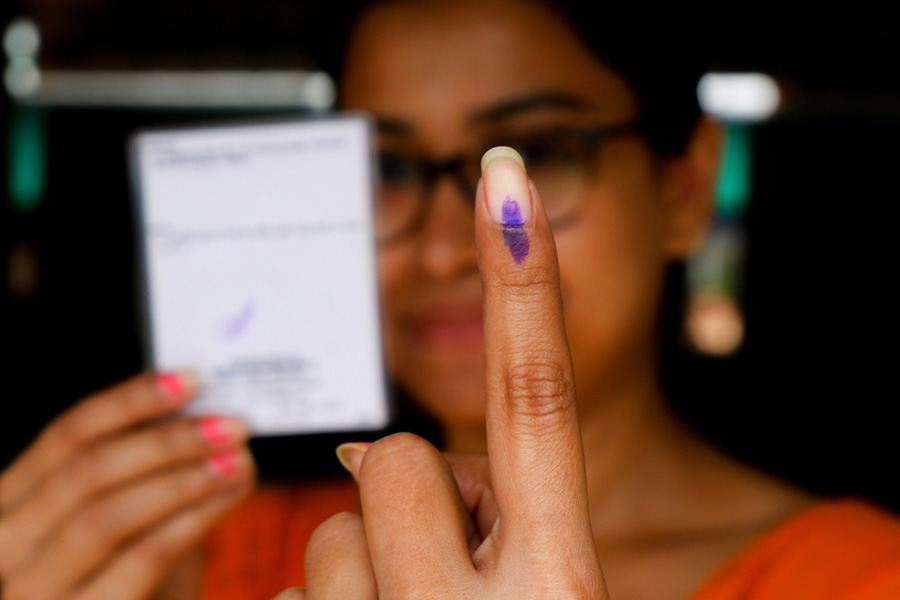New Delhi: The Central Board of Secondary Education (CBSE) on Thursday told the Supreme Court that it would introduce from the current academic year a uniform question paper in all languages for the common entrance medical examination to MBBS and BDS undergraduate courses.
A bench headed by Justice Arun Misra took on record the submission of the counsel appearing for the board and said the court was disposing of a petition filed by a group of students last year as there was no point in keeping it pending further.
The CBSE counsel told the court that a common question paper would be prepared in English and then translated into Hindi and various vernacular languages.
"The aspirant taking the NEET (National Eligibility-cum-Entrance Test) will be provided with the question paper in the language he opts for while filling up the examination form. The paper in the vernacular language will also contain questions in English so that there is no confusion," the counsel said.
The CBSE introduced the NEET in 2017 after the apex court made it mandatory for all medical colleges offering undergraduate courses. It is applicable to both government and private institutions.
The NEET held on May 7 last year was stayed on May 24 by a division bench of Madras High Court while dealing with a batch of petitions filed by nearly a dozen students who alleged a vast difference between the question papers in English and Tamil.
The Supreme Court on June 12 cleared the decks for the declaration of the NEET 2017 results for admissions to MBBS and BDS courses across the country by vacating the high court's stay order.
However, at that hearing the apex court had suggested that the CBSE and the authorities concerned should explore the possibility of having a uniform question paper for all languages to avoid such complaints from students.
Several private colleges had earlier appealed in the Supreme Court challenging the NEET pattern and insisted that they should be allowed to have their own entrance exams for medical courses.
However, the court had rejected the pleas and insisted that the entire country must have a common entrance test for undergraduate medical courses.











